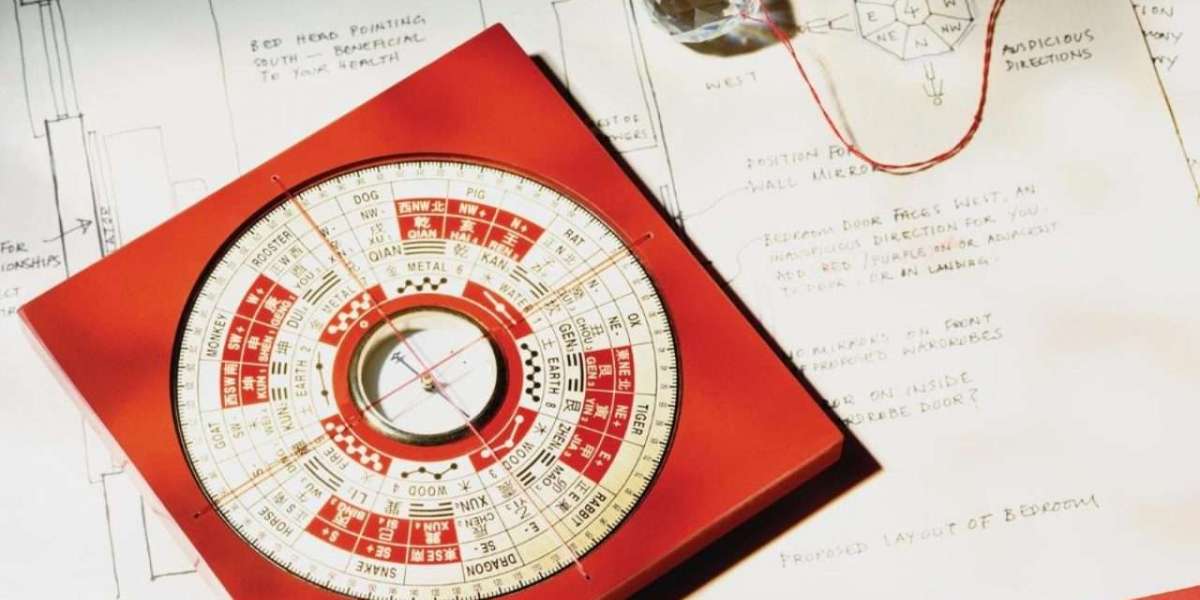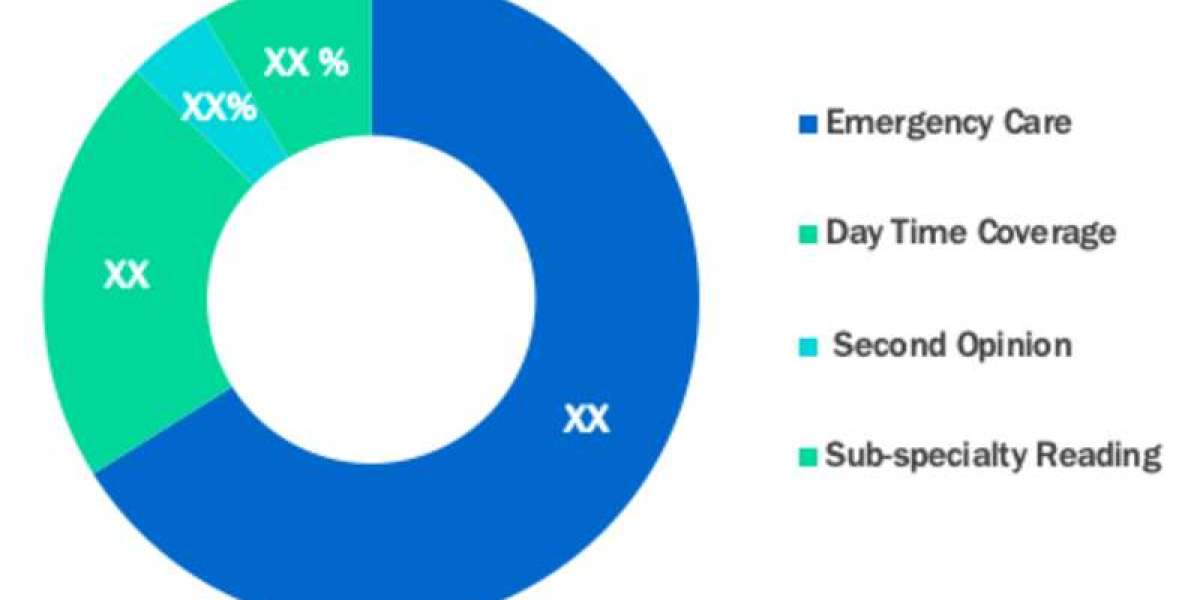Feng Shui, pronounced "fung shway," is an ancient Chinese practice that aims to harmonize the environment in which we live and work. It is based on the belief that the arrangement and design of spaces can have a profound impact on our well-being, energy, and overall quality of life. The term "Feng Shui" literally translates to "wind-water" and reflects the fundamental principles of balancing energy, or chi, to promote health, prosperity, and happiness with feng shui masters.
Key Concepts of Feng Shui:
The Bagua Map: The Bagua is a fundamental tool in Feng Shui, representing the energy map of any space. It divides an area into nine sections, each associated with specific life areas, such as career, wealth, family, and health. By aligning these sections with your home or office layout, you can enhance or remedy different aspects of your life.
Chi Flow: Feng Shui places a strong emphasis on the flow of chi, or life force energy, within a space. A harmonious flow is believed to bring positive energy and opportunities. To promote a good chi flow, clutter should be minimized, and the layout should allow for smooth movement of energy throughout the space.
Yin and Yang: Balance between the opposing forces of yin (passive, dark, receptive) and yang (active, bright, expansive) is essential. In Feng Shui, achieving harmony involves striking a balance between these two energies in your living or working environment.
Five Elements: Feng Shui incorporates the five elements of wood, fire, earth, metal, and water, each with its own characteristics and associations. Balancing these elements in a space can enhance specific life areas and create a harmonious atmosphere.
Practical Feng Shui Tips:
Declutter and Organize: Removing clutter is one of the first steps to improving the flow of energy in your space. Keep only what you need, and organize your belongings thoughtfully.
Balance and Harmony: Achieving a balance between the five elements is essential. Use the elements strategically in your decor and design to create a harmonious environment.
Natural Light and Ventilation: Ensure that your space is well-lit and properly ventilated to promote the flow of positive energy.
Furniture Placement: Position furniture to facilitate a smooth chi flow. Avoid placing furniture with sharp angles or heavy pieces blocking pathways.
Color Choices: Colors have specific associations in Feng Shui. Choose colors that align with the Bagua area you want to enhance. For example, use red for the fame area (south) and blue for the career area (north).
Personal Kua Number: Calculate your personal Kua number based on your birthdate to determine your auspicious and inauspicious directions. Arrange your workspace or bedroom accordingly to maximize your potential for success and well-being.
Houseplants: Adding live plants can purify the air and bring nature's energy into your space, as long as you care for them properly.
Mirrors: Use mirrors strategically to expand and reflect energy. Avoid placing them directly across from your bed or in a way that reflects negative energy.
Art and Decor: Choose art and decor that resonates with you and uplifts your spirits. Positive and meaningful visuals can enhance the energy of your surroundings.
Remember that Feng Shui is a highly personalized practice, and what works for one person may not work for another. It's important to be open to adjustments and experimentation to find the best Feng Shui practices that suit your needs and preferences. Whether you're looking to create a more peaceful home, boost your career, or simply live in a more balanced and harmonious space, Feng Shui offers valuable insights into achieving these goals.








